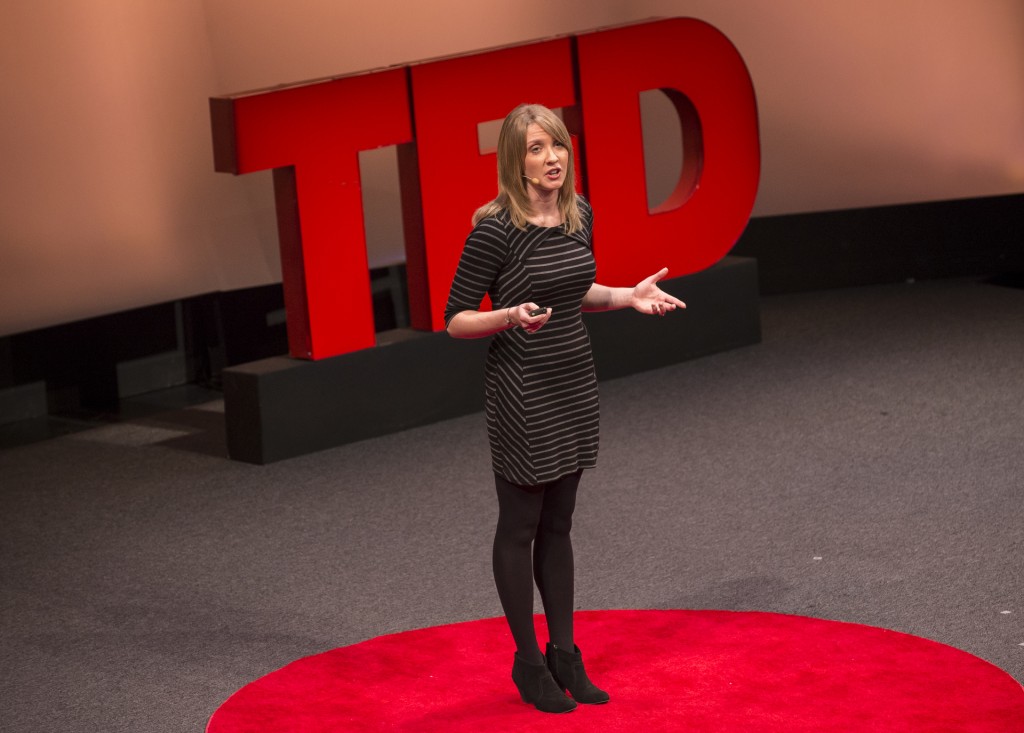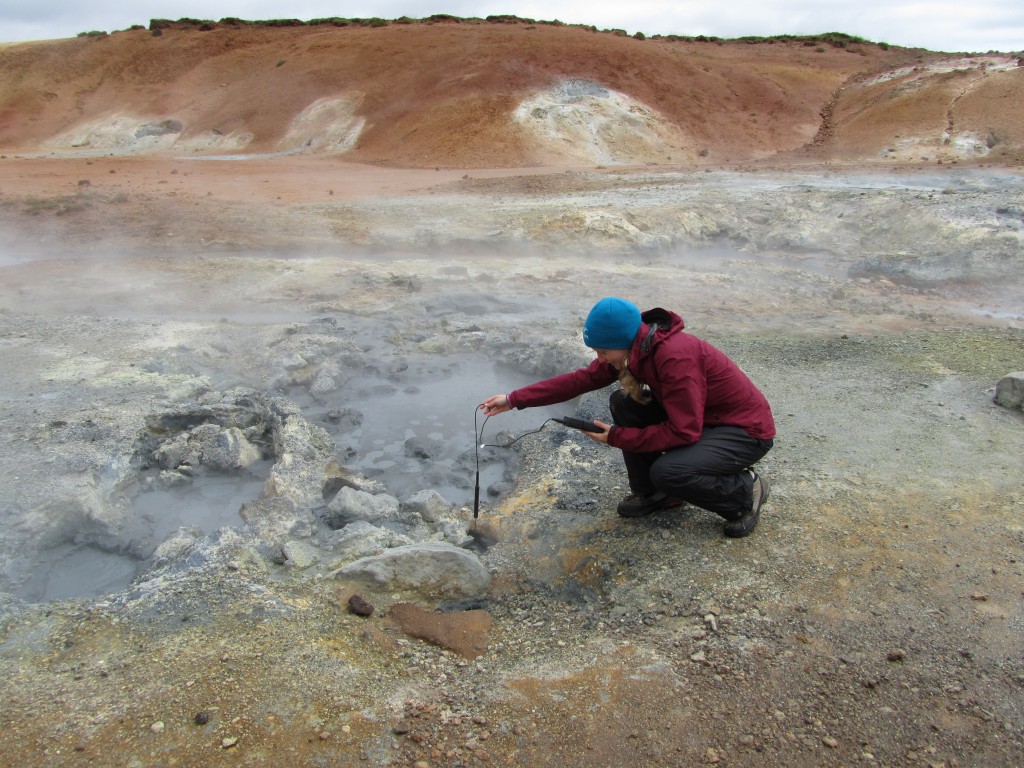
As well as a Postdoctoral Research Associate in the Department of Physical Sciences at the Open University I have also been selected as a TED Fellow. Having been an avid watcher of the TED talks for many years I was inspired to apply to the Fellowship scheme so I could have a global stage on which to share the fantastic research being conducted in Astrobiology and to educate people worldwide on the subject of life in space.
TED is a non-profit organisation devoted to “Ideas Worth Spreading” that started out in 1984 as a conference bringing together people from three worlds: Technology, Entertainment, and Design (hence, the acronym “TED”).
As an organisation, TED believes passionately that ideas have the power to change attitudes, lives, and ultimately, the world. The organisation has grown to include: two annual conferences (I gave a talk at the 2013 conference in Long Beach, California, soon to be freely available online); the TED Talks video site; the Open Translation Project and TED Conversations; the TED Fellows and TEDx programs; the annual TED Prize; and most recently TED-Ed. It’s my work with the TED-Ed programme that I discuss below.

As a TED Fellow I first gave a TED talk on my research into environments on the Earth that mimic those we have found, or think were once present, on other planets and moons in our Solar System, in particular Mars. I spoke about my study of extreme-loving organisms that thrive in these environments and how these are the most likely form of ‘aliens’ we might find elsewhere. Following on from this talk, I recently got involved with the TED-Ed team and have created a TED-Ed lesson on extremophiles and the search for life in the Universe. You can watch this below or from my TED-Ed page.
[youtube http://www.youtube.com/v/Bsp5JYNMAQE]
The intention of TED-Ed is to support free global education, teachers and group leaders, and to spark the curiosity of learners around the world. The TED-Ed video library is composed of curated and commonly animated educational videos, many of which represent collaborations between educators, such as me, and nominated animators. The platform allows users of all ages to take any useful educational video for free and easily create a customized lesson around the video. Users can distribute the lessons, publicly or privately, and track their impact on the world, a class, or an individual student. Users can also simply watch the videos, learn something new, and then move on to another lesson on a completely different subject.
Commissioning and producing a TED-Ed lesson
To create my lesson I submitted a four-minute script that covered ‘The search for life in the Universe’, a topic I thought formal and informal learners would be interested in. Thankfully, the TED-Ed team loved it and commissioned it for production.
Once an animator was selected I helped with the accuracy of the animations being created and also narrated the lesson. I created a series of supplementary resources, including: questions and answers, essay plans and teaching materials to aid teachers wanting to use the lesson for their school, university or society.
The whole process has taken just over four months from submission of the script to publication of the lesson on the web. I am very excited to finally see it live and doing well. (In one week the lesson has had over 1300 views on TED.com and nearly 20,000 on YouTube!)

The value of open educational resources
TED-Ed is a powerful stage to engage members of the public with aspects of the sciences, especially for those who ordinarily might not have easy access to science media and educational materials.
I chose to create a lesson because Astrobiology has the potential to appeal to a wide range of learners. The subject is profoundly multi-disciplinary including subjects such as biology and geology, physics, medicine, psychology and design.
The research questions I address also generate widespread interest. I’m interested in exploring themes and ideas surrounding alien life and what it might look like, for example.
Students and informal learners using the videos can learn at their own pace. Those who get stuck on a concept can replay and watch again, with visuals enhancing their understanding. An animated video therefore is a fantastic way to engage audiences of all ages and backgrounds, introducing new ideas about frontier research.
I have gained so much from this experience, such as learning new creative ways to explain my subject. The experience has increased my confidence as an educator and an engaged researcher. I hope, however, that the people who have watched it have gained much more than I have. I did this so I could share my passion for my subject with a global audience to enable as many people as possible to get involved in the fantastic science being conducted in the world.
This experience has led onto another great opportunity here in the UK to create a now>press>play script on KS3 astronomy and planetary science, which I will start working on next week. Watch this space for more educational videos…

Dr Eric Noren
I very much enjoyed the TED-Ed lesson you did. It was clear and informative, and well presented. It is brilliant that this is so widely available, and it has stimulated me to pursue this subject further. Your enthusiasm for the subject is obvious and infectious, and I look forward to more of the same.